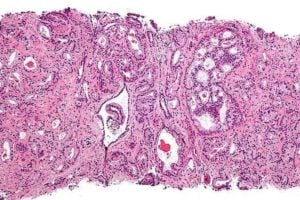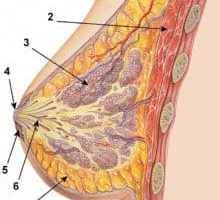journal of clinical oncology
Age plays too big a role in prostate cancer treatment decisions
Older men with high-risk prostate cancer frequently are offered fewer — and less effective — choices of treatment than younger men, potentially resulting in earlier deaths, according to a new UCSF study.
The scientists found that men above age…
Intensive chemotherapy can dramatically boost survival of older teenage leukemia patients
More effective risk-adjusted chemotherapy and sophisticated patient monitoring helped push cure rates to nearly 88 percent for older adolescents enrolled in a St. Jude Children’s Research Hospital acute lymphoblastic leukemia (ALL) treatment protoco…
Vaccine extends glioblastoma patients’ survival in phase II trial
HOUSTON – A vaccine that turns the immune system against brain tumor cells bearing a genetic mutation that drives the most aggressive form of glioblastoma multiforme improved survival of patients in a phase II clinical trial, researchers at Duke…
Childhood cancer survivors show sustained benefit from common ADHD medication
A medicine widely used to treat attention-deficit/hyperactivity disorder (ADHD) also provides long-term relief from the attention and behavior changes that affect many childhood cancer survivors, according to a multicenter trial led by St. Jude Chil…
Multivitamin use doesn’t impact colon cancer outcomes
BOSTON–Patients with colon cancer who used multivitamins during and after being treated with post-surgical chemotherapy did not reduce the risk of the cancer returning or their dying from it, according to researchers at Dana-Farber Cancer Ins…
Screening test can help identify cancer survivors at risk for emotional distress
A relatively brief screening test can give caregivers a good indication of which cancer survivors are emotionally distressed and may benefit from further psychological evaluation, according to new research by a team of Dana-Farber Cancer Institute investigators. In a study in the March 1 issue of the Journal of Clinical Oncology, the researchers found that childhood cancer survivors whose screening scores indicated they were dissatisfied with their physical appearance, were in poor physical health, or had been treated with head radiation had an increased risk of experiencing psychological distress.





